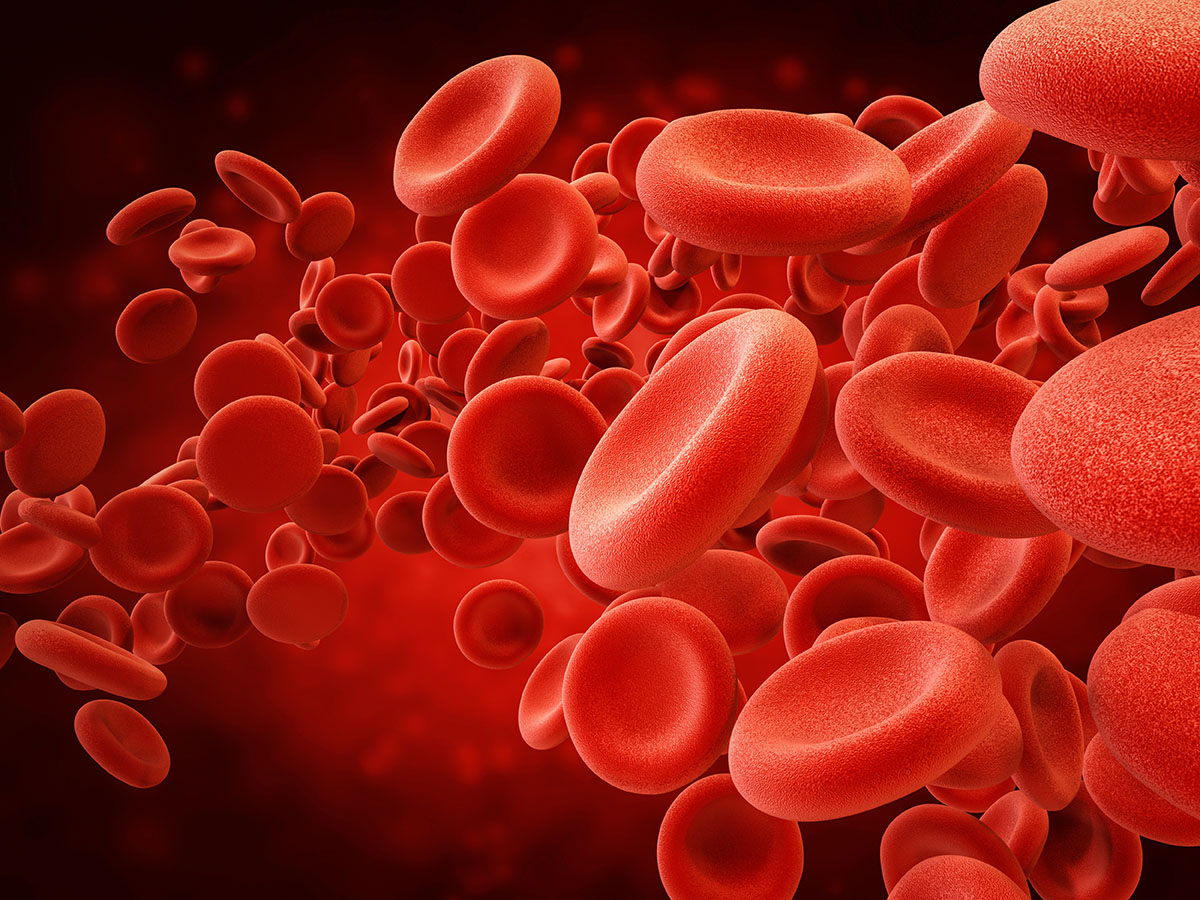

To circulate means to move or flow in a circle or a continuous loop. It can also mean to spread or distribute something throughout a system.
In science, the word circulate is often used to describe the movement of fluids, such as blood, air, or water. For example, blood circulates through the body, carrying oxygen and nutrients to the cells and removing waste products. Air circulates through the atmosphere, distributing heat and moisture. Water circulates through the Earth's oceans, rivers, and lakes, carrying dissolved minerals and nutrients.
The circulation of fluids is essential for life. It helps to keep cells alive and healthy, and it helps to regulate the body's temperature.
Here are some examples of the word circulate in science:
The air circulated through the room, making it feel cooler.

Noun: circulation (plural: circulations).
Adjective: circulatory.
Verb: to circulate.
The word "circulate" comes from the Latin word "circulātus", which means "to move in a circle". The word "circulātus" is made up of the words "circum" (meaning "around") and "ulāre" (meaning "to wander").
Provide some examples of things which circulate.
Question:
What is the role of the circulatory system in the human body?
Answer:
The circulatory system is a network of blood vessels that transports blood throughout the body. It is responsible for carrying oxygen and nutrients to the cells and removing waste products.
The circulatory system is made up of three main parts:
The heart: The heart is a muscular organ that pumps blood throughout the body.
Blood vessels: Blood vessels are tubes that carry blood throughout the body.
Blood: Blood is a fluid that contains red blood cells, white blood cells, and platelets.
The heart pumps blood into the arteries, which carry blood away from the heart. The arteries branch into smaller and smaller vessels called arterioles. The arterioles eventually lead to capillaries, which are the smallest blood vessels. Capillaries allow oxygen and nutrients to diffuse into the cells and waste products to diffuse out of the cells. The capillaries then join together to form venules, which carry blood back to the heart.
The circulatory system is essential for life. Without it, cells would not be able to get the oxygen and nutrients they need to survive. The circulatory system also helps to remove waste products from the cells, which helps to keep the body healthy.
Address
Developing Experts Limited
Exchange Street Buildings
35-37 Exchange Street
Norwich
NR2 1DP
UK
Phone
01603 273515
Email
hello@developingexperts.com
Copyright 2025 Developing Experts, All rights reserved.